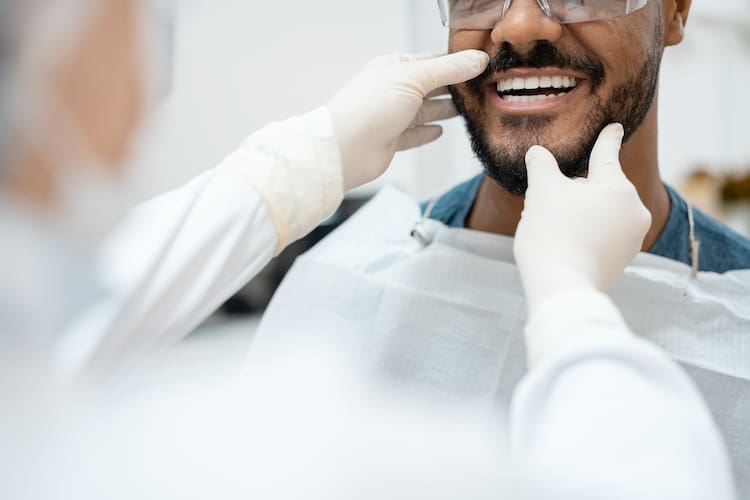A dental bridge can be a life-changing solution for anyone missing one or more teeth. It could restore your smile, help with speech and chewing, and maintain the shape of your face. However, getting a dental bridge is just the beginning. Proper aftercare is essential to ensure it lasts as long as possible and to protect your overall oral health.

What to Expect After Placement
Once your dental bridge is placed, you may experience some sensitivity, especially to hot or cold foods and beverages. This is normal and should subside within a few days as your mouth adjusts. Your gums around the bridge may also feel slightly sore or irritated. Rinsing with warm salt water can help reduce discomfort and speed up healing.
During the first few days, it’s best to eat soft foods and avoid anything too sticky or hard. This gives your bridge time to settle and reduces stress on the surrounding teeth. As you become accustomed to the feel of your bridge, normal eating can usually resume, though with a few considerations to maintain the bridge long term.
Daily Oral Hygiene Is Essential
Cleaning around your dental bridge is just as important as brushing your natural teeth. Although the bridge itself can’t decay, the supporting teeth (called abutments) and the surrounding gums are still vulnerable to plaque buildup, gum disease, and cavities. If any of these issues occur, it can compromise the entire structure of the bridge. Use a soft-bristled toothbrush and non-abrasive toothpaste to clean thoroughly twice a day. Pay special attention to the area where the bridge meets the gums.
Since food particles and bacteria can get trapped underneath the bridge, flossing is also critical. A floss threader or special dental picks designed for bridges can help clean underneath the pontic (the false tooth) and between the abutment teeth. Incorporating an antibacterial mouthwash into your routine can further reduce the risk of infection and help keep your mouth feeling fresh and clean.
Watch What You Eat
Certain foods can shorten the life of a dental bridge. Sticky candies, tough meats, ice, and hard nuts can all damage or dislodge the bridge. It’s also wise to avoid chewing on non-food items like pens or fingernails, which can place unnecessary pressure on the bridge and its supporting teeth. Try to maintain a diet that supports oral health, rich in calcium, low in sugar, and full of fruits and vegetables. Crunchy raw veggies can help clean your teeth naturally and stimulate gum health, while limiting sugary snacks will reduce your risk of decay around the abutments.
Regular Dental Visits
Routine checkups are crucial for monitoring the health of your dental bridge and the surrounding teeth and gums. Your dentist will inspect the bridge for signs of wear, check the integrity of the bonding material, and ensure there are no signs of decay or gum disease. Professional cleanings are also important. Even with excellent at-home care, there are areas around a dental bridge that can be hard to reach. A hygienist can thoroughly clean these areas and offer tips to improve your technique at home.
Signs Something Might Be Wrong
While dental bridges are designed to be durable, problems can arise if they’re not properly maintained. If you notice pain when chewing, increased sensitivity, a bad taste in your mouth, or visible damage to the bridge, it’s important to see your dentist promptly. These symptoms could signal a loose bridge, decay under the abutments, or gum issues that need to be addressed.
Dental Bridge Treatment in Carol Stream, IL
At Carol Stream & Elgin Dental Associates, we are dedicated to helping you maintain your oral health. If you have missing teeth, a dental bridge could help restore your bite and improve your quality of life. Contact our office today to schedule a consultation and learn more about how to care for your dental work.
